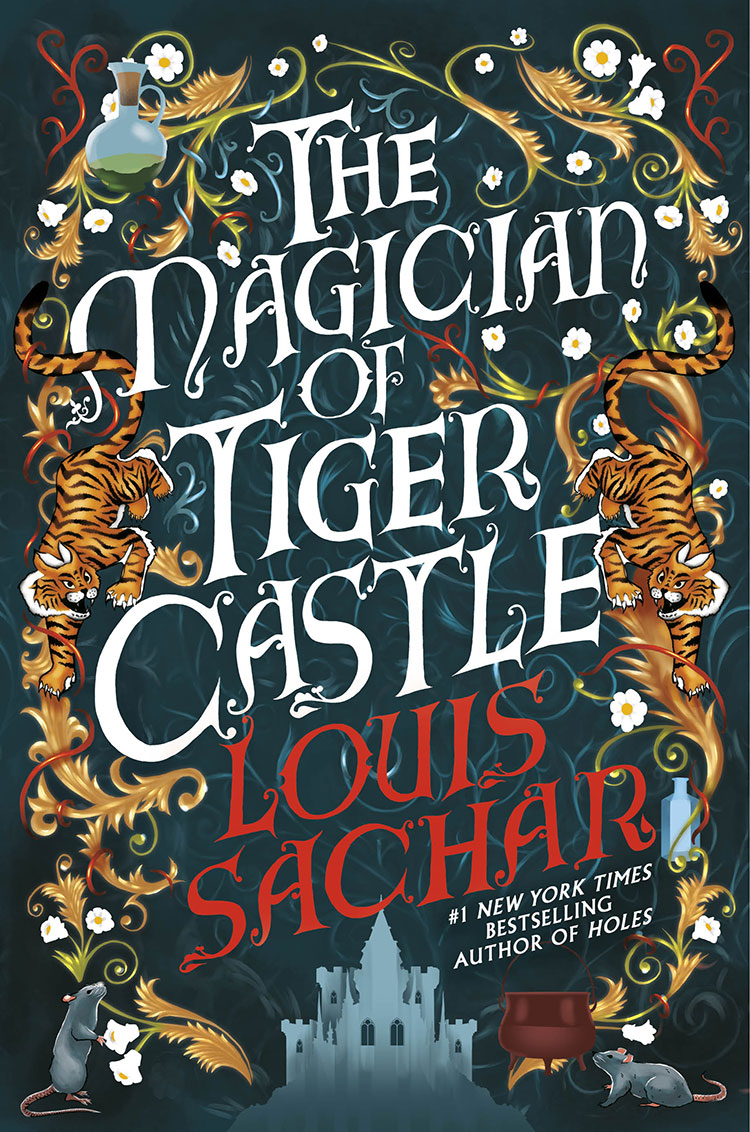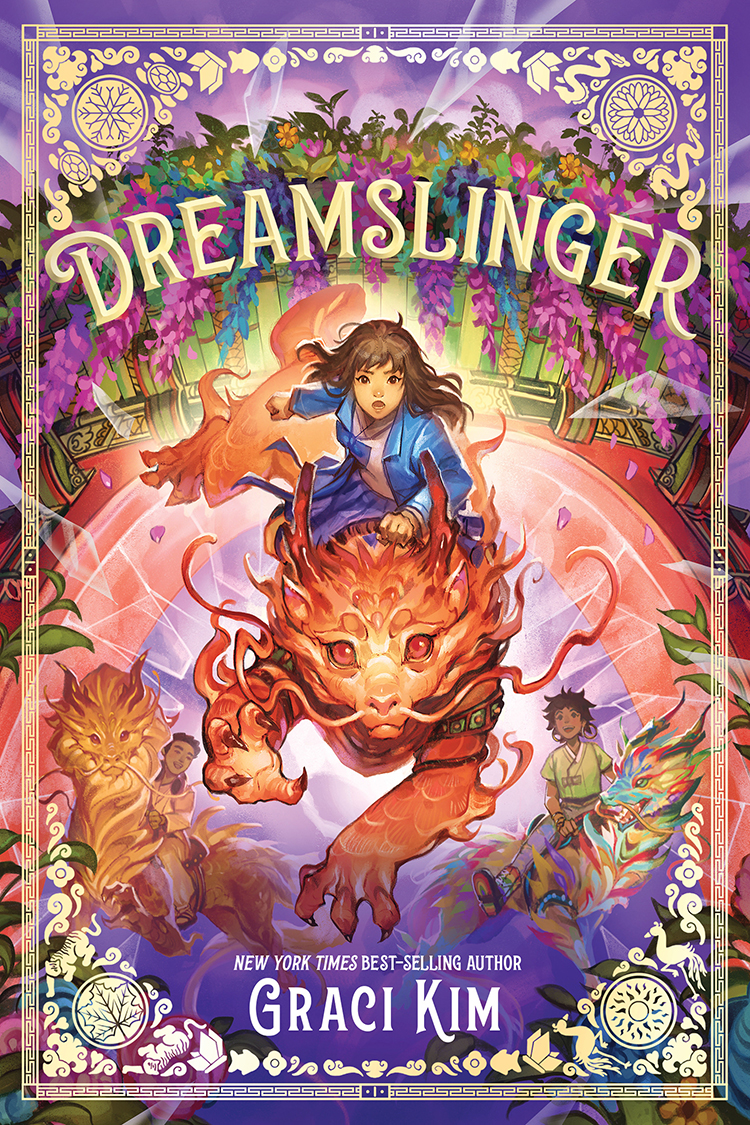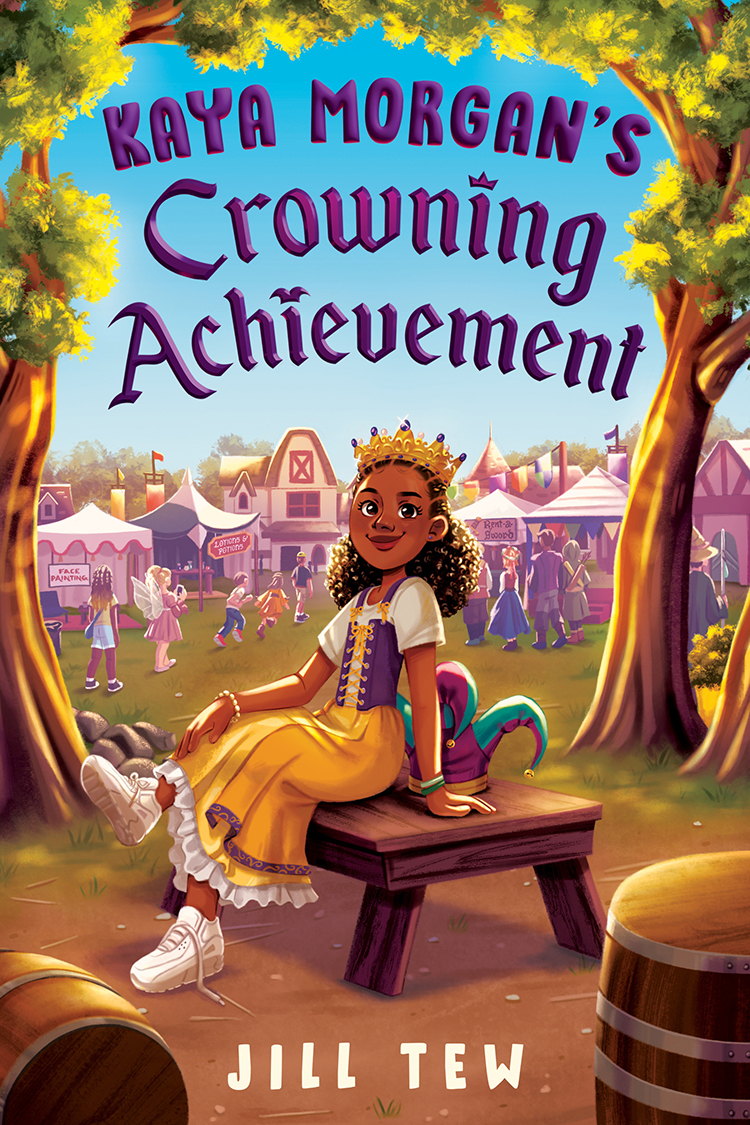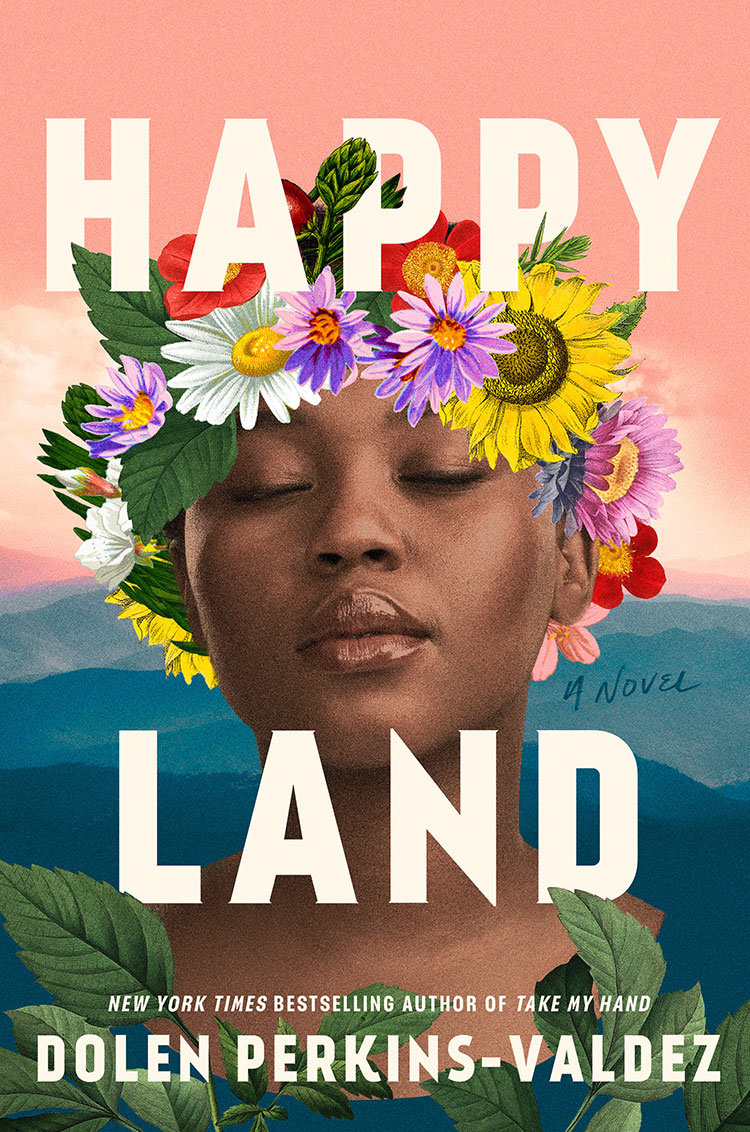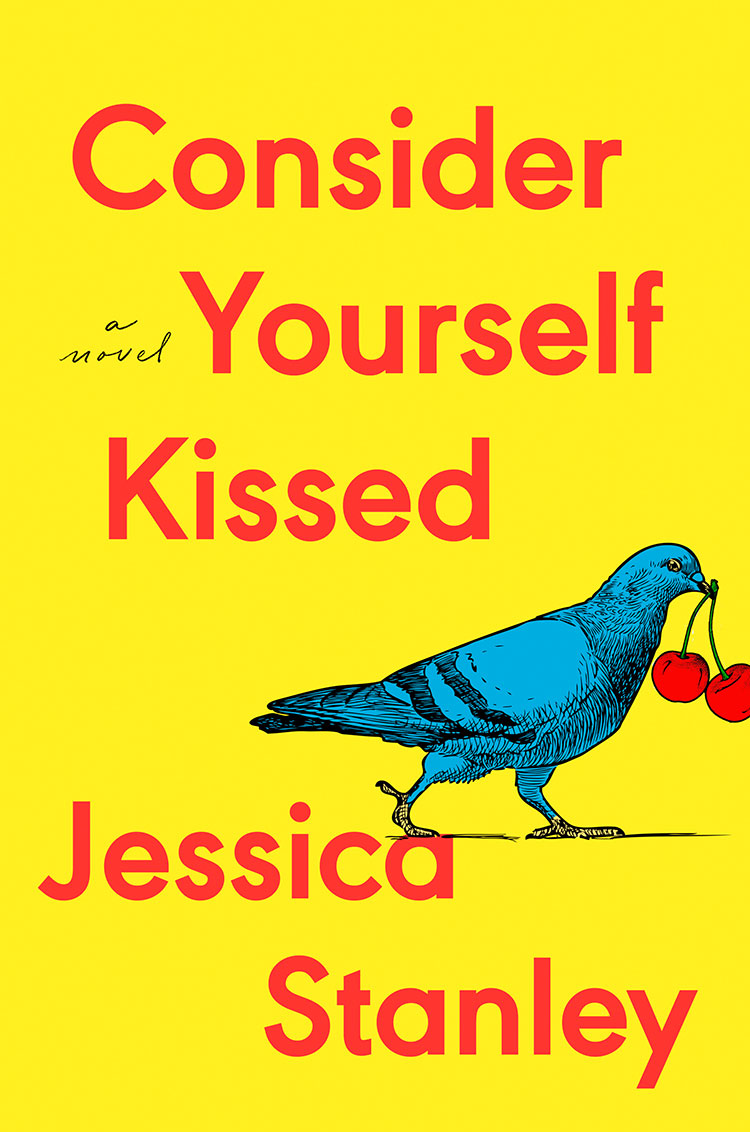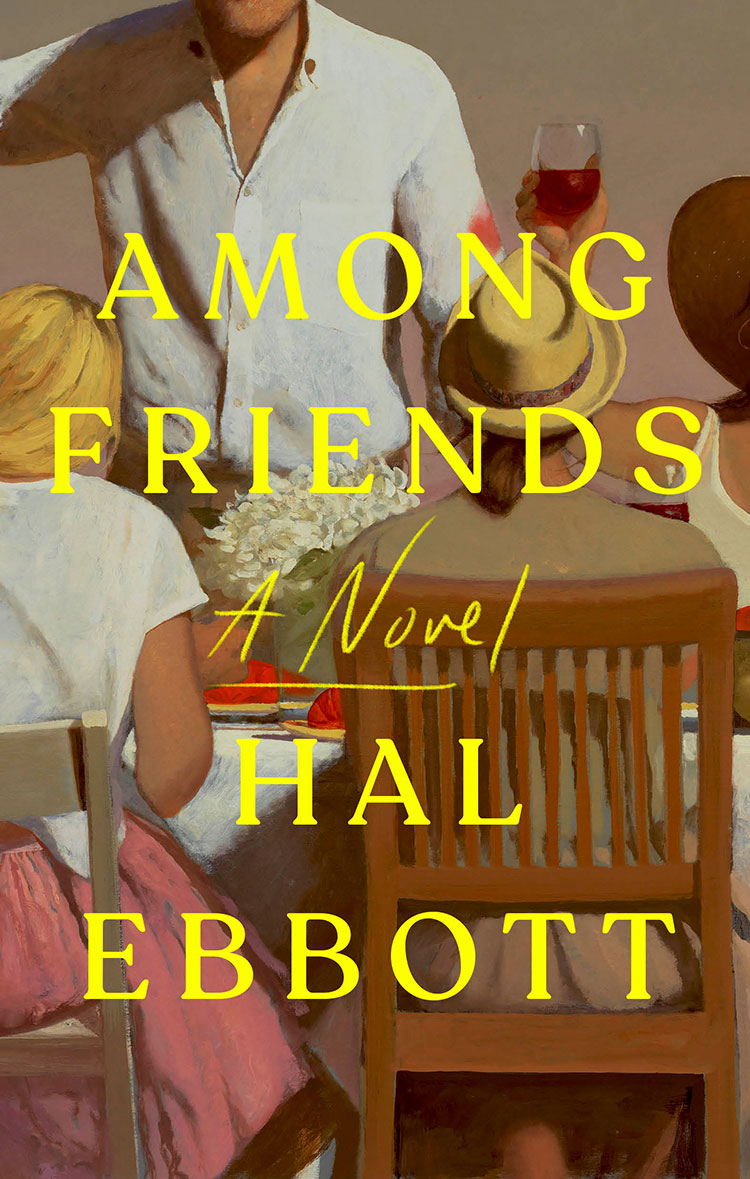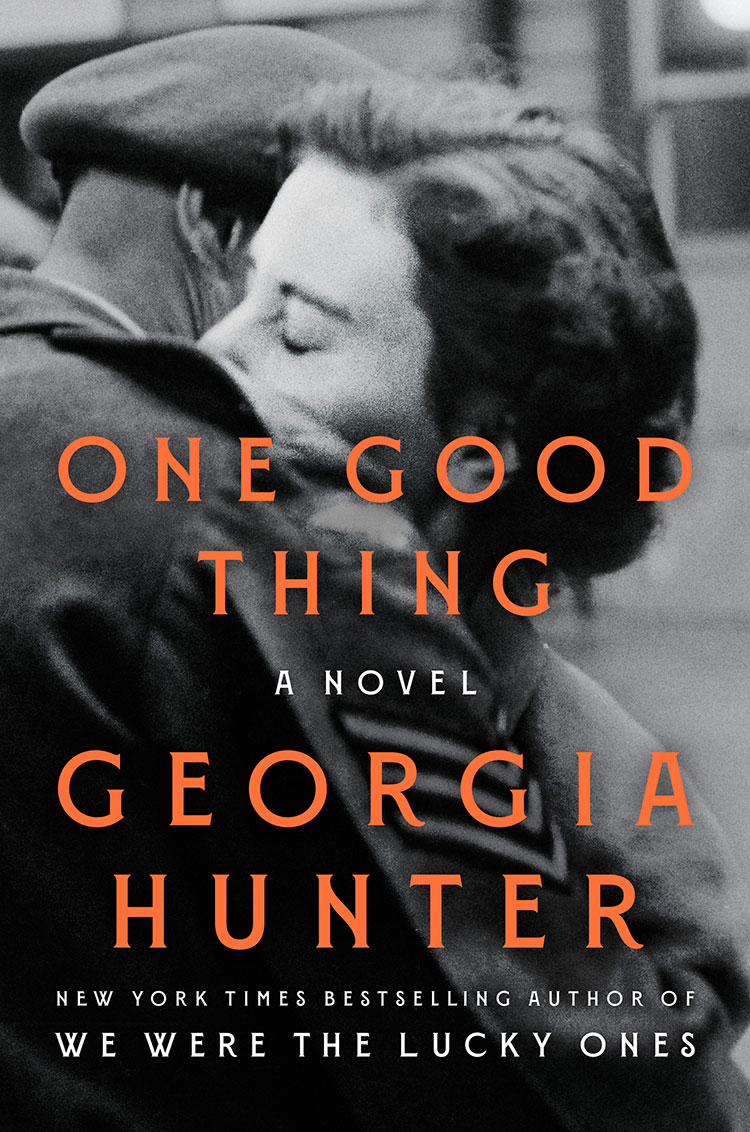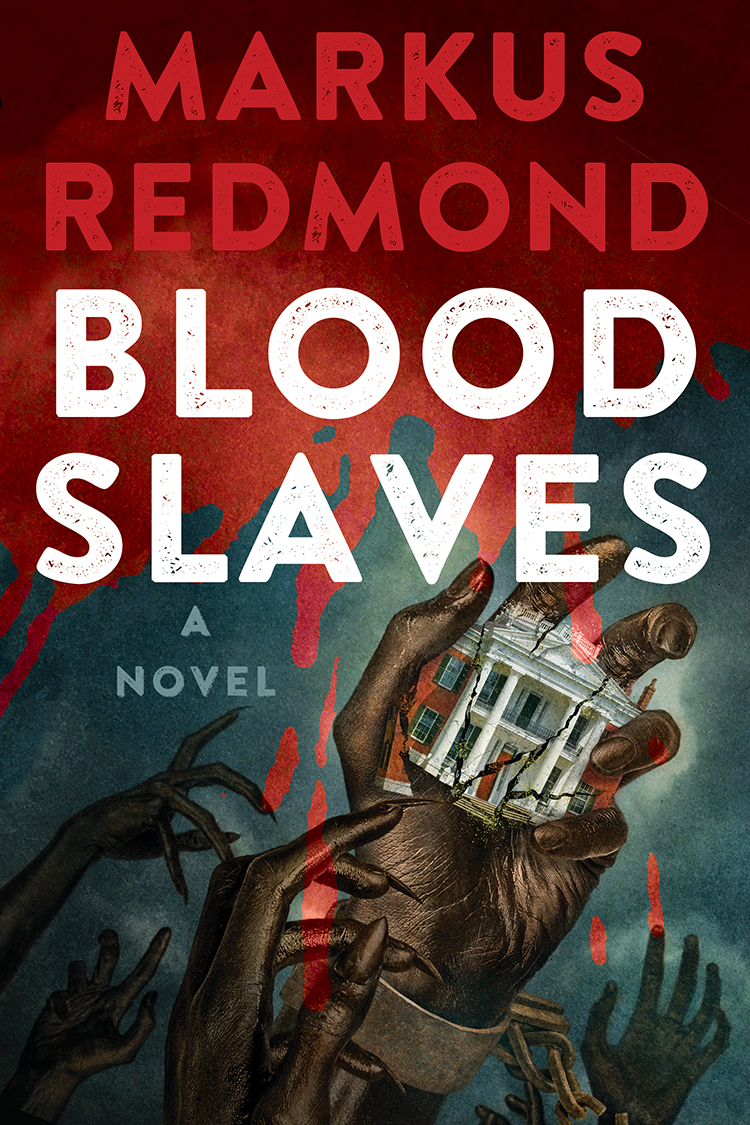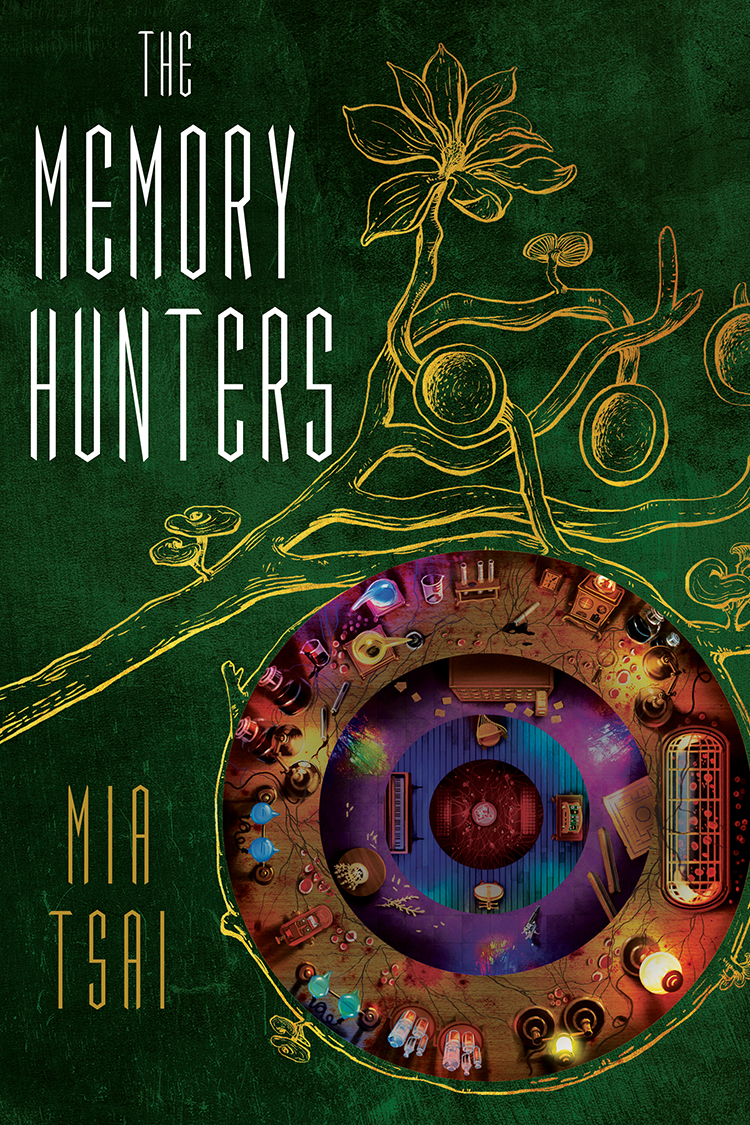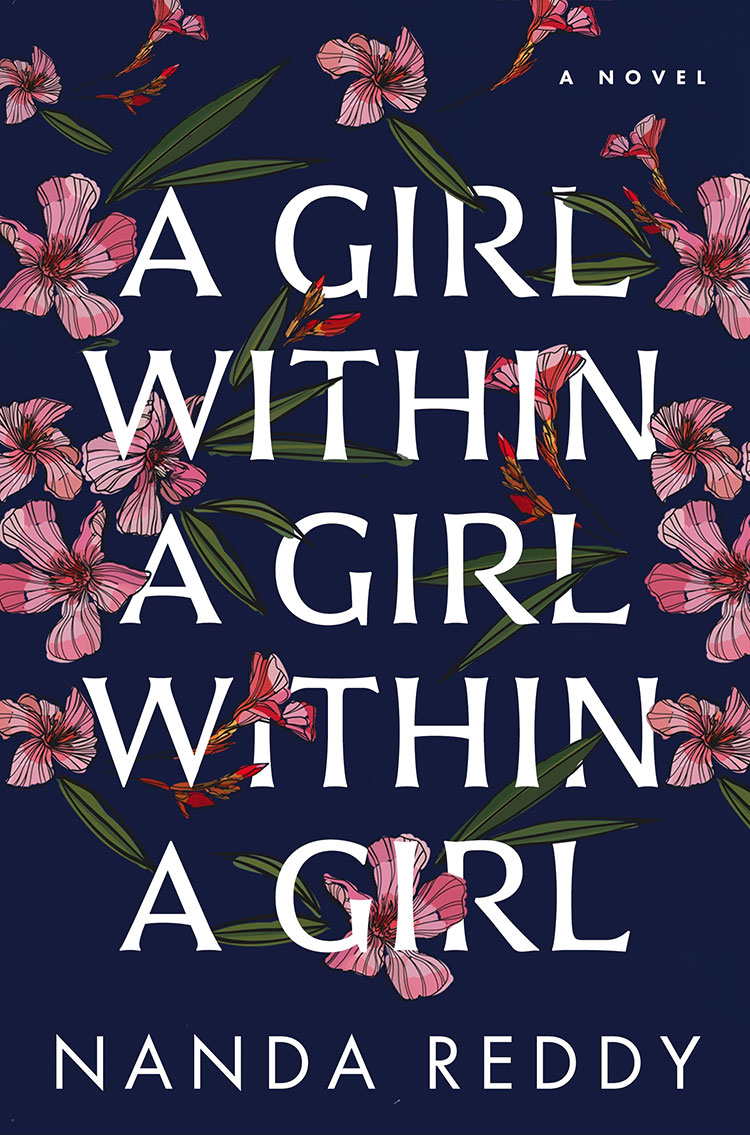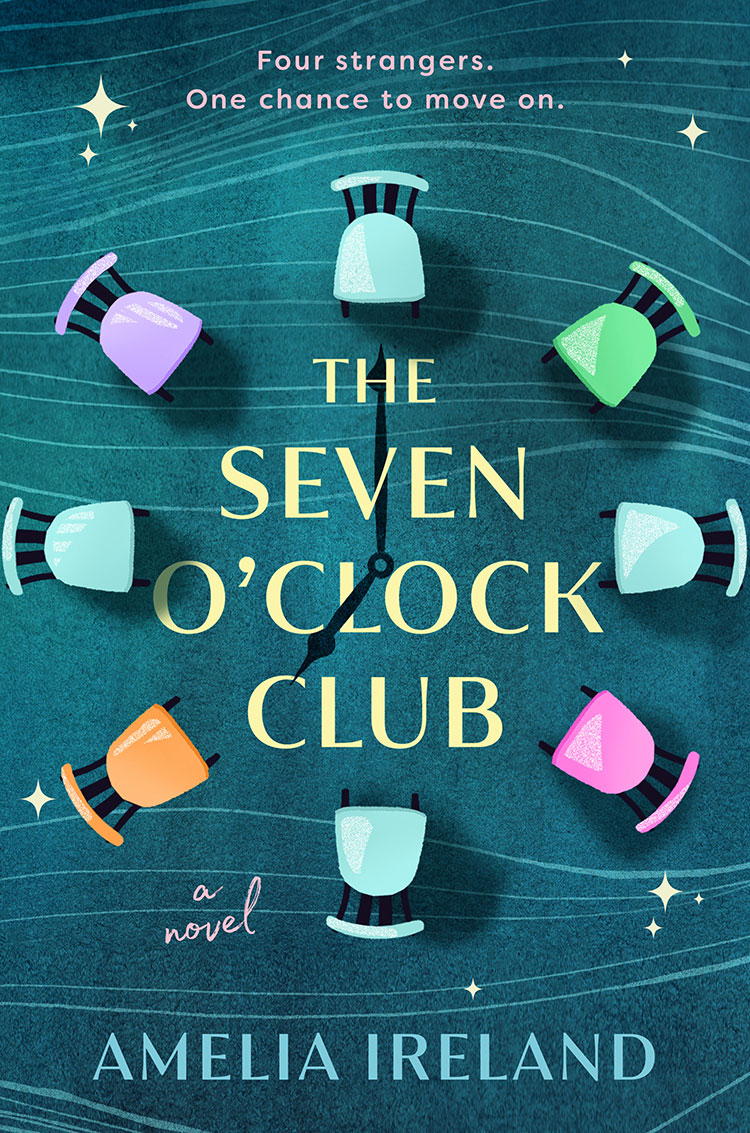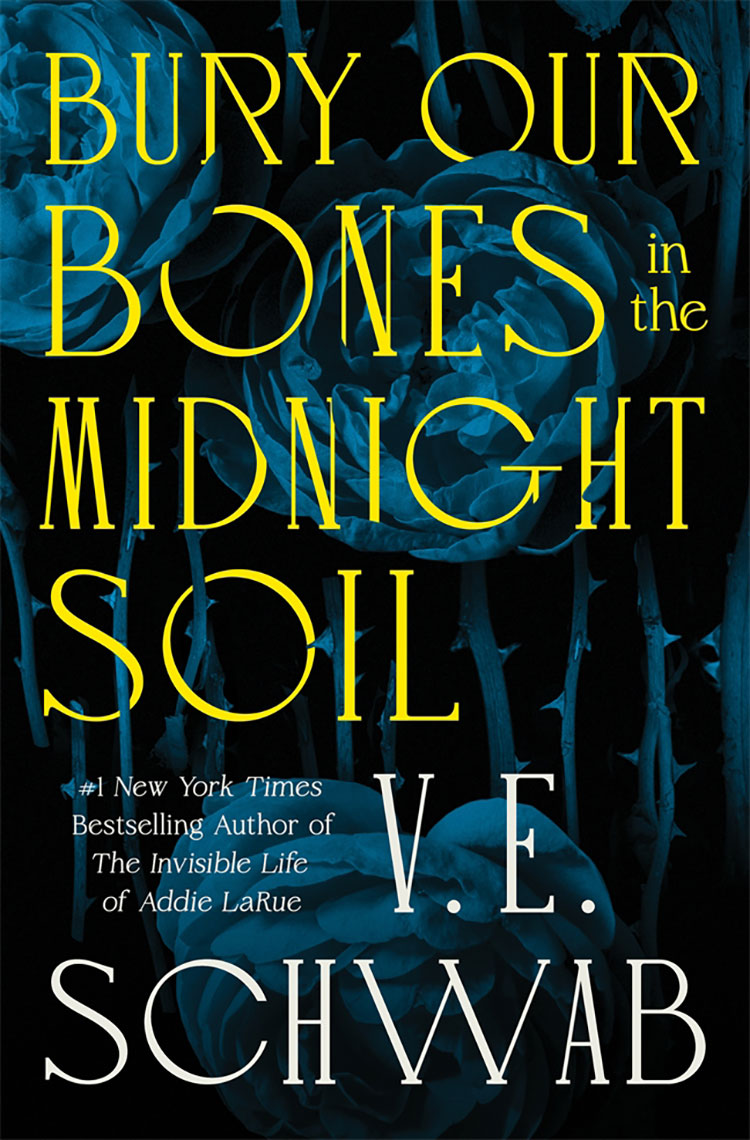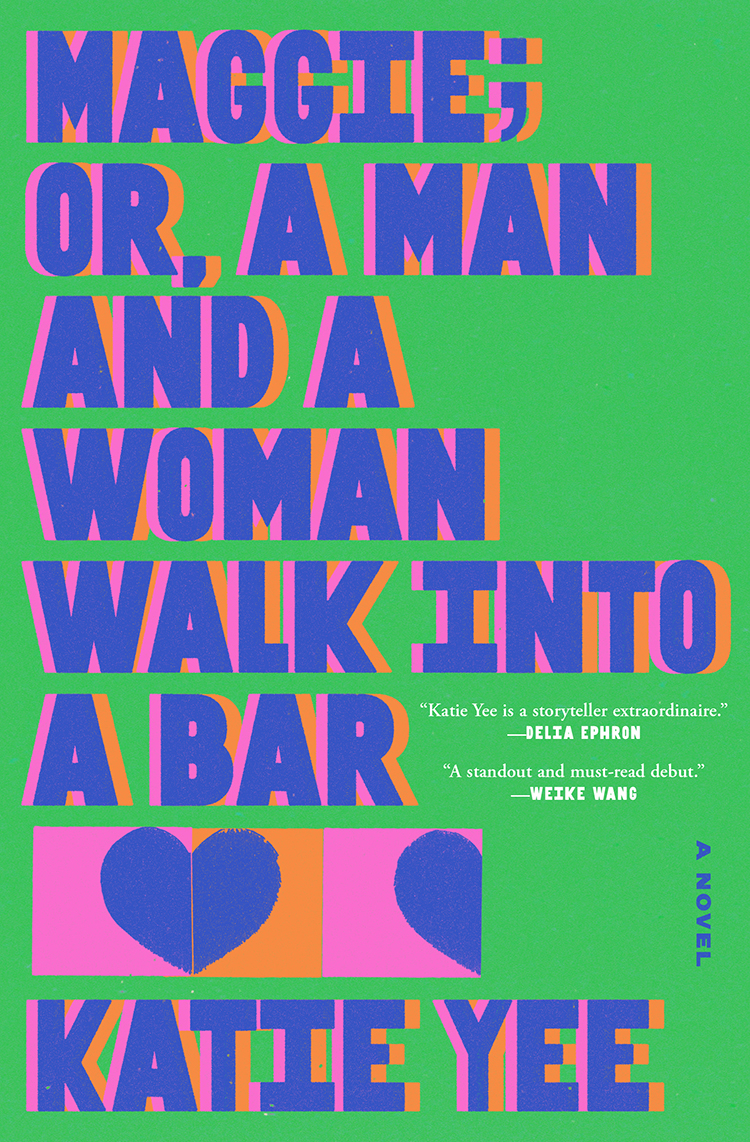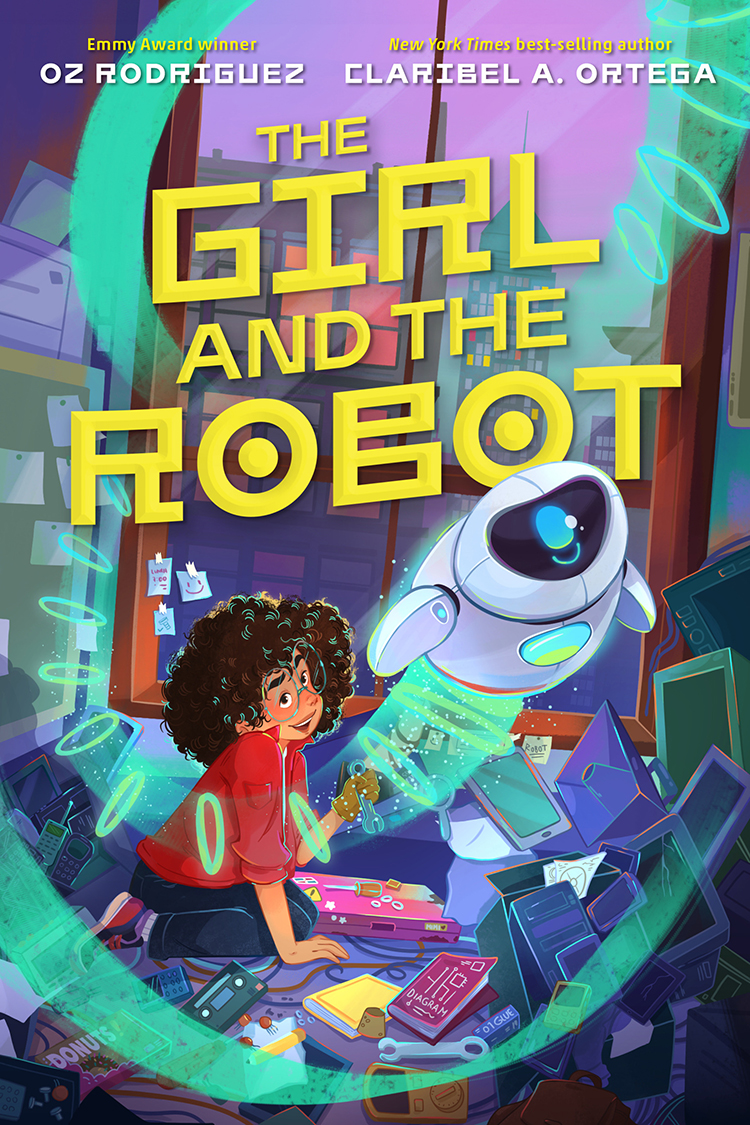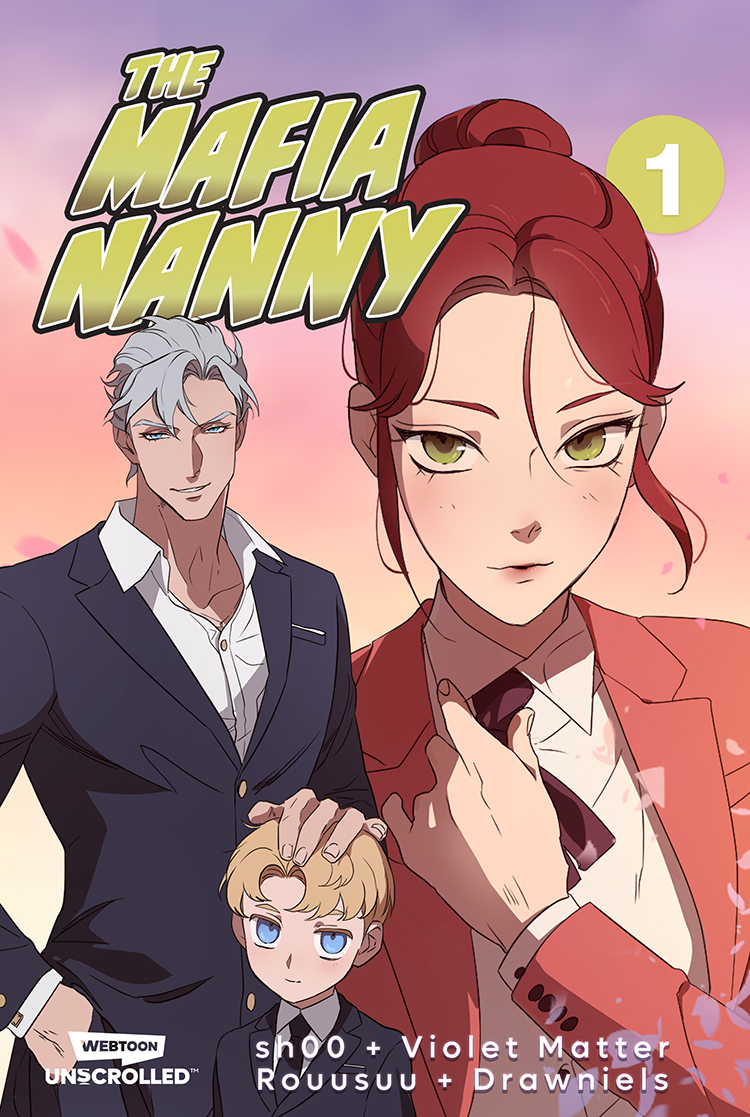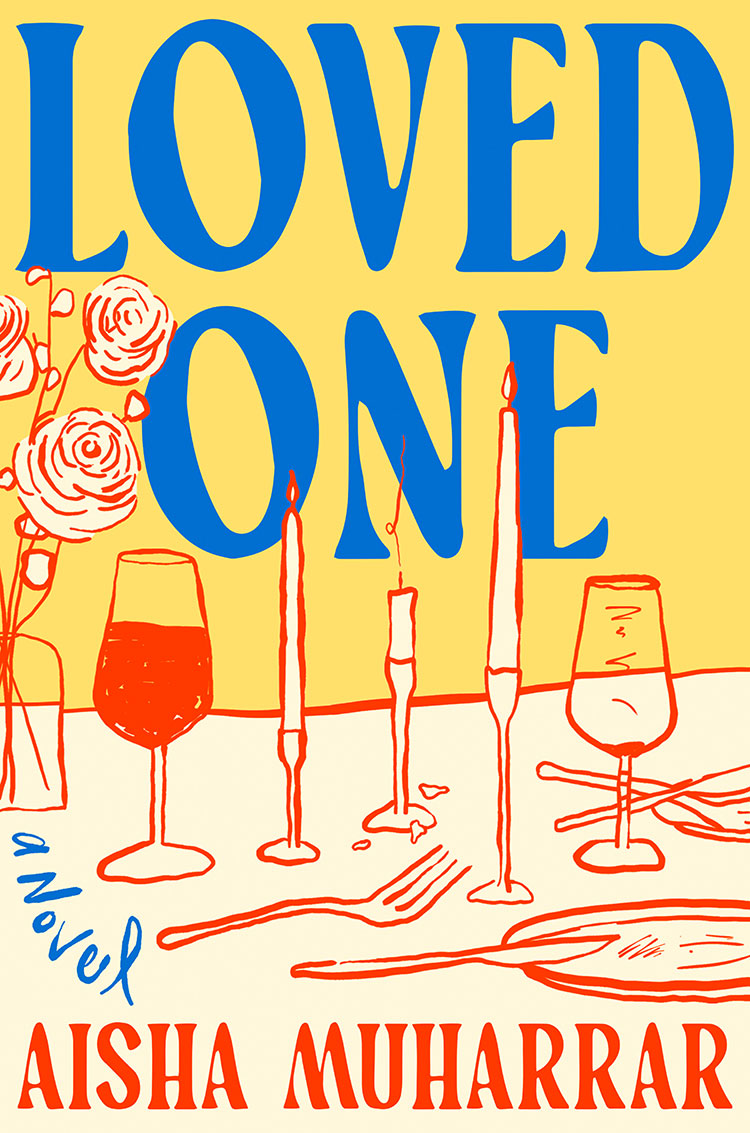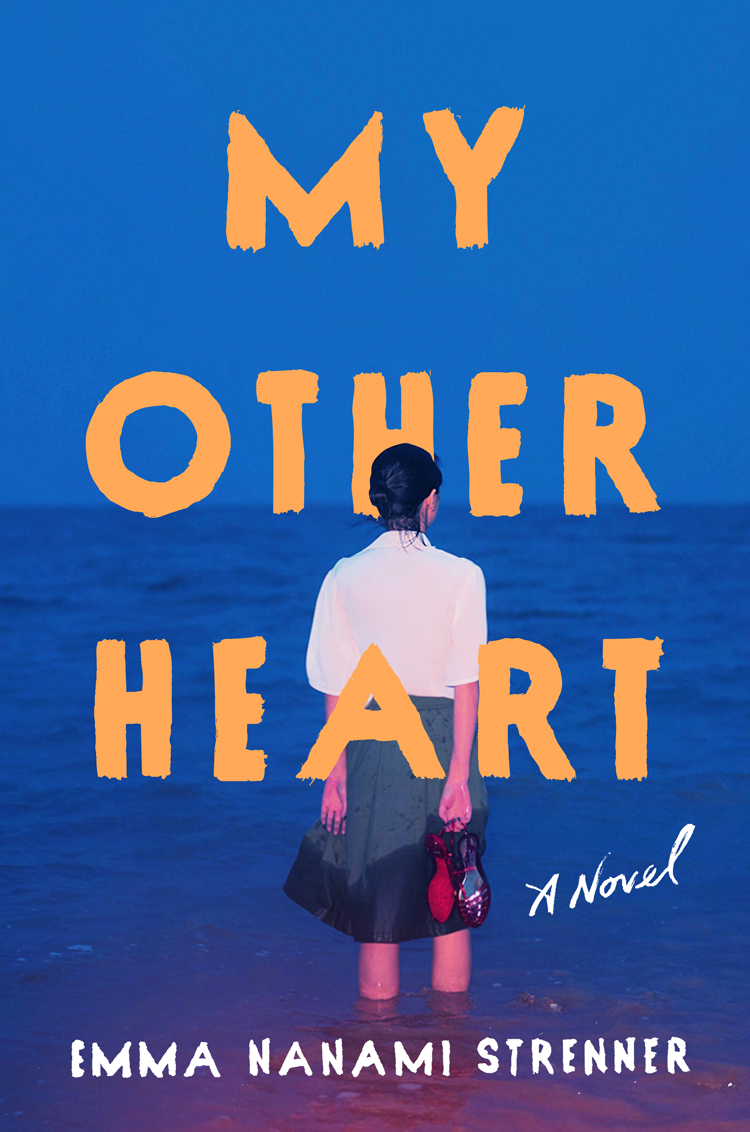
Painted Horses
Pub: August 5, 2014
Grove Press
Pre-OrderA big, enthralling debut of America in its ascendance, of history versus modernity, and a love story of the West, Painted Horses introduces an extraordinary new literary voice. In the mid-1950s, America was flush with prosperity and saw an unbroken line of progress clear to the horizon, while the West was still very much wild. In this ambitious, incandescent debut, Malcolm Brooks animates that time and untamed landscape, in a tale of the modern and the ancient, of love and fate, and of heritage threatened by progress. Catherine Lemay is a young archaeologist on her way to Montana, with a huge task before her—a canyon “as deep as the devil’s own appetites.” Working ahead of a major dam project, she has one summer to prove nothing of historical value will be lost in the flood, but from the moment she arrives, nothing is what she expects. And then there’s John H, a former mustanger and veteran of the U.S. Army’s last mounted cavalry campaign, living a fugitive life in the canyon. John H inspires Catherine to see beauty in the stark landscape, and her heart opens to more than just the vanished past. Painted Horses sends a dauntless young woman on a heroic quest, sings a love song to the horseman’s vanishing way of life, and reminds us that love and ambition, tradition and the future, often make strange bedfellows. It establishes Malcolm Brooks as an extraordinary new talent.
Catherine
1
London, even the smell of it. She had a trowel in one hand, the other cold and wet and braced for balance against the emerging stone wall. She blew the same errant sprig of hair from her face as she worked, again and again. The ancient muck at her feet had a grip, a suction, and when she pulled with her foot to shift sideways her rubber boot remained in the mire, her foot popped free. She’d wiggled her toes then. She did again now. If she fell she wanted to sink, wanted some other dreamer to dig her out in two thousand years, find the smile still on her face.
She teetered on one foot, weaving to and fro. She heard the lonesome moan of a foghorn, one of the tugs on the Thames sounding through the mist, warning her from what lay ahead. She reached with her empty hand to pull her boot free and the boot somehow pulled back, yanked her fist into the rich black mud and then yanked her off-balance.
When she toppled she fell not into the glorious ooze but merely through the air, falling and falling, the London sludge yawning into a portal and then widening to the gape of a canyon, the great rim of the world receding as she fell, hair wild in her face and air all around and the THUMP-thump-thump of her heart gorged in her own aching throat.
She plunged too quickly into her own destiny, with no yielding muck ahead to absorb the fall. She wanted to claw back for the safety of the mud, the safety of what she already knew. That gunflint ground at the floor of the canyon rushed at her—that THUMP-thump-thump again, not the thud of her heart now but the bang of a drum, a tom-tom beating, the sound bouncing through the canyon walls. She’d already landed, somehow never did feel the blow. Still in one rubber boot but down on her knees on the stony soil, the hard bare desert rasping her skin through the cloth of her pants, strand of hair again in her face. She had her trowel from London and she scraped right back, or tried to, the point of the blade dancing and skipping against the stubborn ground.
“You don’t have what you need, love. That’s the problem.” An English voice at her back, a Welshwoman in a black hat with a black head of hair and just out of the mud herself, she knew it without looking. “Hasn’t that always been the problem?”
She couldn’t bring herself to look behind, couldn’t stop scraping with the trowel. She’d carved barely a scratch, the point screeching against the ground. She had long romanced the ravages of time but saw in a terror the ravages here were total. No buried temples. No pyramids, rising from the sand.
“You aren’t ready, love. You don’t have what you need, not at all. You should have stayed back . . .”
She raised the trowel like a dagger and started to stab, again and again, thinking if she could just break through, if she could just crack the surface, surely there was something down there, surely she could prove something . . .
The point of the trowel bent with the blows. The ground surrendered nothing. Sparks flew, the steel tip blunting and blunting as she stabbed and stabbed and she dreamed in a flash her next essay topic—Failure to Find Nothing in the Archaeological West. Why on earth did she ever sign on—
She heard the THUMP-thump-thump of the wheels on the track, heard again the blast of a horn. Not a tug on the Thames at all but the whistle of the train, climbing to a flat from the breaks of a river.
The sharp hard suck of her own frantic breathing dawned on her and she slapped awake. She felt her heart racing, felt it still in her throat. She took a breath, blinked against the blazing light. Her nails dug at her palms.
The afternoon sun shot along the window. Grain fields had yielded to brown rock and stunted gray shrub. Brilliant white flashes bloomed against muted earth and a band of some utterly alien species raced alongside, then turned to hunch one by one beneath the strands of a wire fence. She blew the hair from her face and watched them shrink with the distance.
“The West,” she said. “So this is it.”
“What did you expect? Monument Valley?”
Catherine rubbed her eyes with the heel of a hand. She had in fact anticipated the general vista of a cowboy movie. Red mesas and towering sandstone spires. Miniscule horsemen galloping.
She squinted toward her critic, a cocksure kid at least three years her junior. He wore a ducktail and all the sideburns he could muster, plus an enormous pompadour like this new singer Elvis Presley, if not quite so gorgeous. But game—he’d tried for her attention for three hundred miles.
“Not exactly,” she said. She wiggled the underside of her engagement ring and wondered if this were too plain a gesture. She hadn’t quite gotten used to the ring herself.
“It’s not like going back in time. It’s still the twentieth century. Even in Montana.”
“You sound like you’re trying to convince yourself.” “Huh. Not me, sister. I’ve seen it all before.”
Despite sleep-strewn blonde hair and unlaced red sneakers, one of them now fallen to the floor, she evidently had just enough of the older woman about her to tease his imagination. A college girl to his high school senior. She let herself flirt with him, a momentary lapse. “Maybe that’s why you need to convince yourself.”
“Huh. Don’t you know the whole story.”
She dipped her head in a shrug. “I’ve been to older places than this.”
“What, you been to Rome or something? You and Audrey Hepburn?”
Catherine smiled and looked toward the window, not prepared for the delayed shock she felt at the sheer emptiness on the other side of the glass. Just islands of rock and a sea of those shrubs. Stunted trees here and there. Not even a power line. She looked back.
“Sort of. By way of Londinium.”
His eyes flicked across her, chin to waist and back again. He changed the subject. “My grandparents own a ranch out this away. I come every summer.”
“Is it anywhere near Londinium?” She tried to keep a straight face and couldn’t.
He let himself deflate a bit. “You’re heartless.” He gestured at her ring. “You must run that boy you got ragged.”
“What were those animals? Running outside, when I woke up?”
“Antelopes. Out here they call ’em goats. Speed goats.”
He dug in his satchel. Hours earlier she’d caught a partial glimpse of a magazine inside, just the top corner with the block letters PLA. She furtively tried to glimpse it again now but couldn’t because of the angle.
She knew what it was. Entertainment for men, nothing short of a sensation. For three years she’d had a guilty curiosity to lay her hands on an issue, mostly to understand what this sensation was she wasn’t supposed to see. Common knowledge the actress Marilyn Monroe appeared naked in the first issue. Catherine’s mother refused to see Gentlemen Prefer Blondes after learning this, even though she was nuts for the original Broadway show.
The boy came up with a cigarette case. He offered her one, told her she’d been jerking around in her sleep like crazy. She’d smoked a little in Europe where nobody thought twice, wickedly strong little numbers that made her head feel like a rocket, never quite getting used to it and hating the way it made her fingers smell. But now she felt grimy with travel anyway. Grimy and nervous and bored.
“So where you headed?”
“It’s . . . a long story. A canyon of some sort, south of Billings. Near an Indian reservation.” She’d been schooling herself with a book earlier, looked around now and found where it slipped from her lap while she slept. The Crow Indians, by Lowie. Hardly as exciting as the contents of the satchel.
“Your boy in oil?”
“I don’t know what you mean.”
“That’s what’s in Billings. Oilmen. Like Texas.”
“His name’s David and he’s not a boy. He’s not in Billings, either. He’s in Manhattan. He’s a broker. I’m coming out here for my own job.”
“A modern girl.”
She shrugged. “Women don’t necessarily just keep house anymore. You sound like my mother.”
“You sound like mine.”
“Well you’re lucky, then.”
“Huh. Can I ask a personal question?”
“Would the word no stop you?”
“How long you been engaged?”
She was again very aware of the ring. “About a week. Officially.”
He smoked and looked thoughtful. “You get this job; he pops the question.”
Is this anyone’s business, she thought. “Pretty much,” she answered. What little she’d inhaled of the cigarette had her spinning. She stubbed the remainder.
“How long you know him?”
“Good lord. Long enough.”
“Don’t get testy. I’m just thinking, you might be the modern version of a war bride.”
“The what?”
“You know, like when we were kids. Guy’s shipping out, gets all panicked, pulls the trigger so to speak. This is the same thing, in re verse. Girl’s got a job, heading for parts unknown, guy . . . You know.”
“Pulls the trigger. So to speak.”
He crushed his own cigarette. “So to speak. Look, I’m not saying he ain’t sincere. I’m just saying, we don’t live in the world we used to. You said so yourself.”
“Do you read Playboy?”
Now she had him. He looked like a rabbit himself, a cornered one. He said, “I’ve seen it.”
“It’s for the modern man, I take it?”
He shrugged. “Sure, I guess.”
“What’s wrong with me having a fiancé in the east and a job out. . . here?” Another glance through the window and the question seemed ridiculous even to her. She gentled. “Look. What’s conventional anymore anyway?”
He shook out another smoke. “You got me there.”
The train crawled to a stop in Miles City, a metropolis in name only. Catherine was sure the entire downtown could fit well within Kensington Gardens or Regent’s Park. But relative to the country she had just witnessed the place was indeed bustling.
She had two hours to stretch. She followed the boy off the coach and onto the platform. He seemed intent on his own business.
She called to his back. “Have you been here before?”
He turned. “Go out through the front of the station. You’ll see the main drag a few blocks down.”
She turned to go, but now he called after her. “Hey. So where is it?”
“Where’s what?”
“Londinium. You never said where.”
She shook her head. “It’s London. Twenty feet underground.”
He looked stalled in his tracks, lost in the hall the first day at school.
“I’m an archaeologist.”
“Huh.” He shouldered his satchel and walked away.
Catherine herself owned a rucksack, a heavy leather model used in Europe by alpinists and adventurers. She bought it before returning home, bought it because it suggested the sort of life she wanted to lead. She carried it now, its compartment stuffed with hand tools and notebooks and a Leica movie camera, a going-away gift from her father she still hadn’t learned to use.
Springtime in Montana seemed a knot of contradiction. A frigid breeze gusted off the plains like the stab of a knife, but only at intervals. Otherwise the afternoon sunlight touched her skin like the reach of a fire. She walked along in her rucksack and swung her arms and wanted never to sit so still for so long again.
The smell of the cigarette owned her nostrils but once when the wind really blew she picked up something else, the dense odor of some pungent new herb, and whatever it was made her wobble with hunger. She rounded the corner and took in the brick buildings along Main Street. She entered the first café she found.
The glass eyes of three dead deer and a gigantic brindle bull stared down from the wall. She looked at her disheveled reflection in the mirror behind the bar, looked past herself at the eye of another beast hovering in the glass. A framed painting, hanging on the wall behind her.
She turned to face the painting. A river of bison flowed across a landscape identical to what she had traversed in the train. The head of this long herd loomed in the foreground, its lead bull dark and massive, towering above an evil-looking canid and the stripped ribs of some other, less fortunate creature. She could hardly look away.
“It’s called When the Land Belonged to God.”
She turned toward the speaker, a wrinkled yet ramrod-straight old gent perched at the far end of the bar with two equally wrinkled cronies. “Charlie Russell,” he added.
“Do you serve food here, Mr. Russell?”
The men laughed. “Not me, miss. The painting. It’s by Charlie Russell. I met him right where you’re standing, fifty year ago by God.” He gestured toward the back bar, its time-tinted mirror. “Checked his teeth in that selfsame glass. I wasn’t any older’n you.”
Catherine felt the blood flow through her legs again. She wanted to stretch so badly. “Can I get a sandwich?”
He brought her a menu. “Like a seat?”
“I’m fine. Just an egg sandwich.”
“Been on the train?”
“Yes. For too long.”
“Been west before? No? Did you see our bullet hole?”
“I don’t believe so.”
He walked down the bar, beckoning Catherine to follow. “Look halfway to the floor.”
She saw a hole the size of a dime, like a dark knot in the red hue of the wood. She couldn’t resist putting her finger there, the grain worn smooth a thousand fingers before.
“Nineteen-aught-three. Fight over a horse. Let me get your sandwich.”
In 1903 her parents were not quite born. New York and Boston and Philadelphia had had incandescent lighting for a decade and the first actual movie was a Western, filmed that year in New Jersey, of all places. Here they shot up saloons over horses. Catherine walked back down the bar.
She was traveling to her first real job, but did not regard this as her first adventure. Two years ago she’d boarded a steamer in New York, bound for England on a Fulbright. The passage, her first, had seemed as interminable then as the crawl of the train did now. But in London the world had opened for her in ways she couldn’t have guessed, and travel worn or not she couldn’t help but feel a sort of hope.
She ate her sandwich while the wind lifted outside. She could feel her legs again, could feel the boards of the floor through the soles of her sneakers. She gave a last little wave to the men at the bar. She slipped out the door.
The glow of the sun had yielded to the chill of the air. She wished she’d brought more than her sweater from the train, but resisted the idea of returning only to sit for another hour at the station. She looked up the street, saw the quaint old architecture. Down the road beyond the edge of town she spied a bridge, a line of trees along the river. She set off walking.
The trees near the water were a variety that didn’t grow in the east, mammoth and heavy barked like a chestnut only much straighter, with limbs shooting for the sky. The trees wound through a ramshackle city park, here and there a mound of dirty snow rotting from a winter not long past. She smelled the fertile muck of the river.
She followed a muddy path a few feet and stepped onto the wet grass instead. Water pooled on the ground, nubs of spring green poking through. A sagging gazebo peeped through the trees, dark and mysterious as a ruin. Catherine made her way toward it, stepped around a massive trunk and nearly walked into a horse.
The animal flared like a cobra, lips curling from yellow teeth as crooked as the fingers of a witch. She jumped back with her breath in her throat. The horse shook its head and stamped a hoof. This was no regular horse but a demon horse, garish and primeval with symbols in yellow and red, rings around one eye and bands up its legs and the splayed print of a human hand plastered on a flank. She fought to reject the notion she’d come face-to-face with the maniacal ghost of a war pony.
She found the wit to step aside. One eerie blue eyeball strained in its socket to follow. The horse was tethered and saddled.
“Not sure who spooked who, exactly.”
Catherine jumped anew. A man came around the animal’s backside, sliding an open palm along rump and flank. The horse again shook its head. “Are you all right, miss? Miss?”
She felt a spike of fury at her own fear. She knew she was shaking, the embarrassment nothing short of crushing. She stared at a smudge on his washed-out blue shirt. Paint.
“I’m fine. Who’d paint a horse anyway.” Catherine wheeled and made for the street in a rushing walk, chin planted on her chest to avoid an outright run. Her heart banged against her ribs but she willed herself toward something like composure. She did not want to think of herself as fleeing, not when she’d barely arrived.
She calmed by the time she reached the station. The wind blew with a real fury now, bending dead grass to the earth and slapping trash against the buildings. She hadn’t been around horses since the riding lessons her father insisted upon when she was a girl. Those were well-mannered stable horses, no malice whatsoever.
The boy had returned from his private errand when she took her seat on the train. He seemed less inclined now toward either showmanship or conversation. His face had the red flush of a lamp.
She watched the waning sun play with the colors of the rocks and the low broken hills, saw muted, shifting shades of green and gray. The sapphire sky went white, then pink in the west. By the time the train lurched forward, shadows crawled across the ground. Flecks of grit blasted against the glass.
Not far down the line she saw a mounted rider in the open country to the south, loping toward a notch on the skyline. The blue-shirted man from the park. Catherine couldn’t imagine how horse and rider both didn’t cartwheel away in the wind.
She took up her book again and studied the name on the spine. Robert Lowie was an anthropologist who had himself spent time in this country and almost certainly would not have fled from a horse.
She had missed her opportunity. The scientist in her should have taken the cue to investigate. The historian should have unearthed a primitive meaning.
Still, she was very far from home, and just now very aware of it. She had two final hours on the train and knew she should just slide back into sleep, knew as well this wouldn’t happen.
She’d stay awake, and dreams would come anyway. She’d see a mil lion black bison, flowing across the plains. She’d dream of mounted warriors, their painted horses.
2
He found the herd on the flat above the canyon, a stretch of land de void of farm or fence. He’d come out to match on canvas the angle of the light on a batholith, thrusting through the earth like a breaching red whale. His own mare cropped bunchgrass while he mixed pigments, tested colors with the ball of his thumb. He heard her pause in her steady feeding, from the edge of his eye saw her head rise, her ears turn forward.
A neigh like a plea rippled through the falling light. The mare nickered and neighed back and took two steps and John H came off the seat of his jeans, half stumbled on a sage root and felt lightning flash in his knee. He recovered and caught up the reins. She was a loyal horse but also a captive mustang. Loyalty to her own kind might prove the stronger. He whoaed her and checked the cinch and mounted. He left paint and canvas where they lay.
He rode south across the flat at a lope and steered her into a northeast-running fissure, a wash cut by seasonal water through the time-heaped strata of the plains. He slacked the reins and let her pick her way through stalagmites of crumbling clay, weird impermanent formations jutting like teeth up the walls of the wash. The mare slipped in gumbo above the fissure’s wet floor, lurched in a jerk like the missed stroke of a motor. John H felt the shock of her unbalanced weight throb through his legs. He braced himself to ride out a fall.
It never came. The mare caught herself heavily on her front feet and schussed to the bottom, hooves sinking in the muck from yester day’s rain. He rode up the center of the wash. She found dry purchase in places but in others the walls of the wash bottlenecked to permit passage through wet mud only and here he felt the pull of her hooves against the suck of the earth.
He reined up after five minutes and listened. A draft pushed down the draw, an omen of dark. Evening wind. He strained his ears and heard nothing though the mare seemed to sense something and she pawed at the muck with the urge to be on. He let her move. The light fell fast in the fissure but he looked up at the rim of the plain to see a lavender band on the lip of the sky. Daylight dying.
He stopped again to listen. The breeze down the draw appeared to work in his favor though he knew full well the same breeze might climb the wall behind him in a swirl of betrayal, circle back to spook a dozen sets of nostrils. He figured more by intuition than any calculus that surely he’d gotten around the others, surely had narrowed the gap. In any case the head of the draw rose not far ahead. No choice but to show himself.
A nervous nicker told him he’d guessed correctly. The mare snorted and neighed back and John H slapped down with the reins and put her into a gallop, straight up a ribbon of trail charted long ago by game or sheep or range cows.
Or horses. They were running already by the time rider and mare burst out of the earth onto the plain. Wild as rabbits. He ran along side at forty yards, tried to steer the mare closer but the herd drifted to the side as well. The light had gone bad and he could feel the rush of wind around him and he knew the danger for himself and also for the horse, but he loved her steady headlong pace, loved the way her neck lengthened and weaved. He loved her streaming mane.
Not a century ago mounted hunting parties had run bison over this ground, Crow and Cheyenne like sorcerers with their arrows and lances and their own paint-smeared horses. European tourists also, princes and lords on blooded chargers, bored with their estates and killing for the joy of it and for the briefest moment he considered that in this way exactly the challenge of survival had twisted into the thrill of sport. Then the stallion peeled off and charged.
John H saw him coming across the sage, head down and single- minded and enraged. He turned the mare sharply to the right as the stallion neared, and back to the left like a skier in a slalom, steering her more with his knees and the shift of his weight than with bridle and rein. She had the stick of a natural-born cutting horse though she’d never worked a cow in her life.
The stallion slowed with the turns and ran a half circle with his head and tail in the air, veering back toward his harem. John H reined the mare and heard the drum of hooves fade in the twilight, pattering like rain in the big-leafed trees of his youth, like nothing that existed near here. The mare put up her head and neighed after them.
Bestseller Lists
ABA Indiebound
Top Monthly
Amazon
#1 Indie Next

